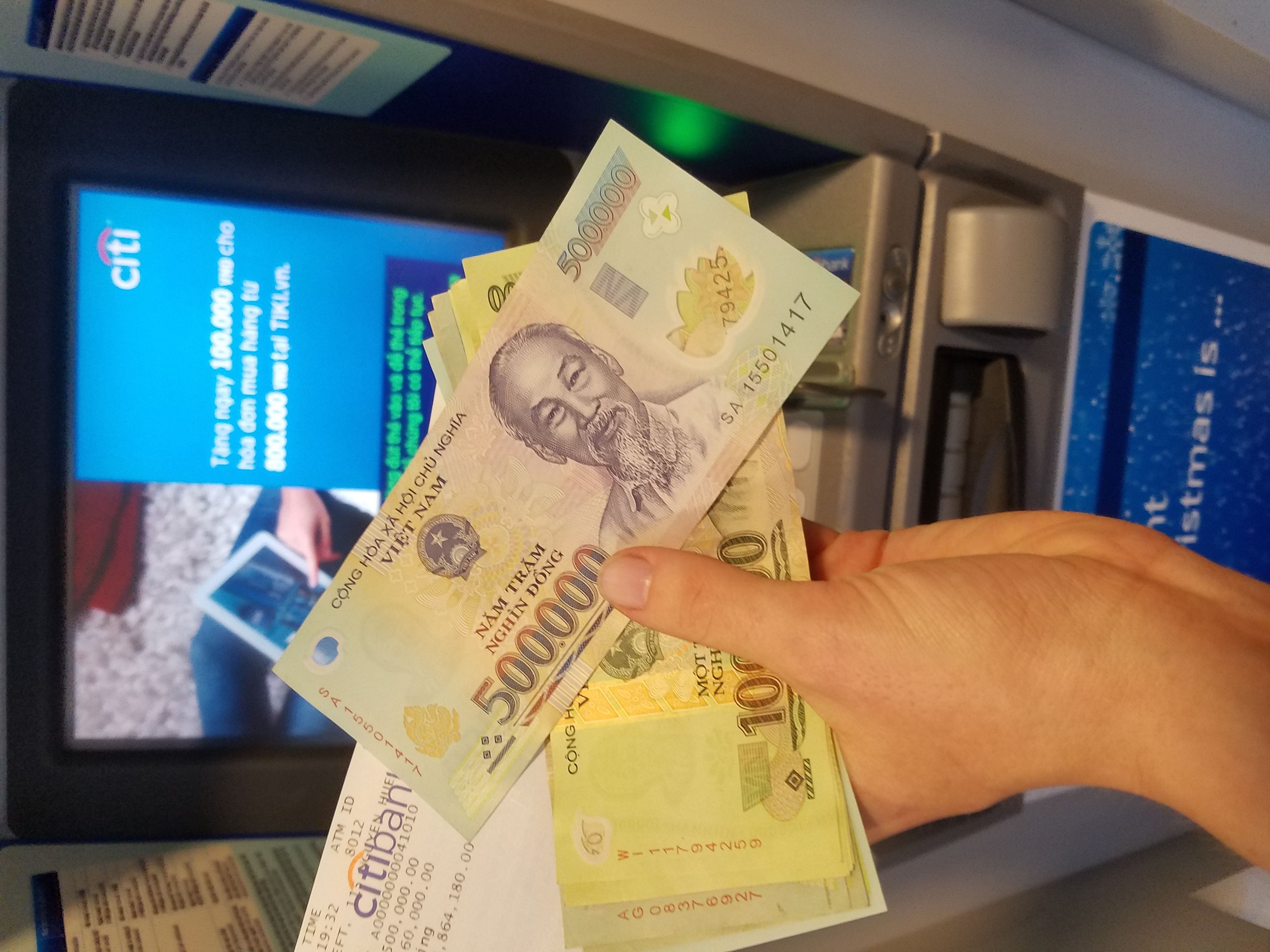Budgeting your money while traveling abroad takes effort, but it’s totally worth it. Understanding how to manage your finances does wonders for how much fun you have and how comfortable you feel when studying abroad. How much study abroad spending money will you need? Read on to find out.
Things to Consider When Planning a Study Abroad Budget
Each time you study abroad is different, and specific factors affect your total spending money required:
- Trip type: One advantage of short-term study abroad trips is that many of the day-to-day costs such as local travel, flights, exclusive hotel stays and other programmed activities are usually included in the overall trip cost.
- Study locations: Western Europe tends to cost quite a bit more than many countries in Eastern Europe and Asia.
- Length of stay: Each day overseas means additional expenses you need to think about. Long-term study abroad involves additional costs – such as rent, groceries and utility payments – that you don’t have to worry about with one- or two-week seminars.
- Additional destinations: Planning a quick jaunt to Naples or a visit to the Louvre? Make sure to budget for any additional costs.
- Your personality: For some, a Michelin-star meal is a major highlight, while other travelers may place more emphasis on fashion purchases, museums, photography or fun with newfound friends.
Common Overseas Expenses
Before actually creating your budget, place the following categories in order of importance. This makes it easier to set aside funds for the activities and items that are especially important to you personally.
- Transportation: This can include trips to sights of interest within a city and out-of-town travel costs.
- Admission: Many museums and landmarks have entry costs.
- Gifts: If you have lots of friends and family, you may be surprised how much you’ll feel tempted to spend on souvenirs and presents.
- Basic meals: Calculate for both lunch and dinner. With International Business Seminars, breakfast is included!
- Entertainment: This is a broad category that includes nightlife, movies and going out with friends.
- Personal care essentials: Always take prescription medicine with you when traveling.
- Clothing: Planning on picking up an iconic Coco Chanel or Louis Vuitton while in Paris? Set aside money for clothing purchases ahead of time based on your personality and fashion style.
- Internet and phone: Investigate whether it’s cheaper to upgrade your existing smartphone plan for international travel, buy an unlocked phone and add a local chip, or buy an all-new smartphone when you arrive at your destination.
Destination-Specific Study Abroad Costs
Check out these examples for a rough idea of travel costs in different areas. Keep in mind they’re only general guidelines; the amount of actual spending money you’ll need is likely far more.
Italy
As part of Europe, Italy uses the Euro, which currently translates into about 1.15 dollars. That means €20 is equal to a little over $23. Europe in general has higher prices for clothing items and food.
- Lunch: $12.75 (€11)
- Night out: $40
- Bus ticket: $5.25-$7.00
- Giorgio Armani suit: $1,750-$3,000
- Chic pair of jeans: $92.50
Thailand
In Thailand, the local currency is the Baht. One U.S. dollar equals roughly 33 Thai Baht. Thailand is very budget-friendly for students and travelers alike.
- Daily food expenses: $15.00 (477 Thai Baht)
- Daily bottled water: $1.50
- Train ride: $5.00
- Dress: $4.50-$6.00
- Fish pedicure: $4.50
London
In London, you’ll need to switch to the British pound sterling. Each pound is the equivalent of $1.30.
- Dessert: $6.50 (£5.00)
- Taxi ride: $19-$25
- London Symphony Orchestra Ticket: $45
- Bespoke suit: $450-$600
- Chic women’s coat: $115
It’s important to remember that local economies and currency are constantly in a state of flux, so you’ll want to check out updated pricing information on applicable travel websites a month or so before you leave.
Helpful Study Abroad Money Management Tips
Before you start to pack, go over this checklist of money management tips to prepare your budget.
- Understand Local Exchange Rates Before You Leave
Figure out the best places to exchange U.S. dollars for local currency before you leave, and download a currency converter app to your phone for easy price comparison.
- Create a Realistic Budget
Don’t expect to magically change your purchasing habits overnight when traveling. You’re more likely to spend money in the same way you do at home.
- Set Priorities
Decide ahead of time what parts of the trip you want to splurge on, and then stick to those plans to avoid any surprises.
- Keep Track of Expenses
Save your receipts and write them down in a spreadsheet or notebook every night. That way you know how much of your weekly and overall trip budget you have left to work with.
- Identify the Difference Between “Like” and “Love”
Learn to tell when there’s something you absolutely can’t live without. Certain souvenirs can be an amazing purchase, but only if they’re more than passing curiosities.
Be Flexible With Your Budget When It Counts
By sticking carefully to you budget during most of the trip, you’ll have money on hand when you discover something you didn’t plan on. Unexpected moments with friends, amazing opportunities and life-changing experiences are all worth spending a little extra.

